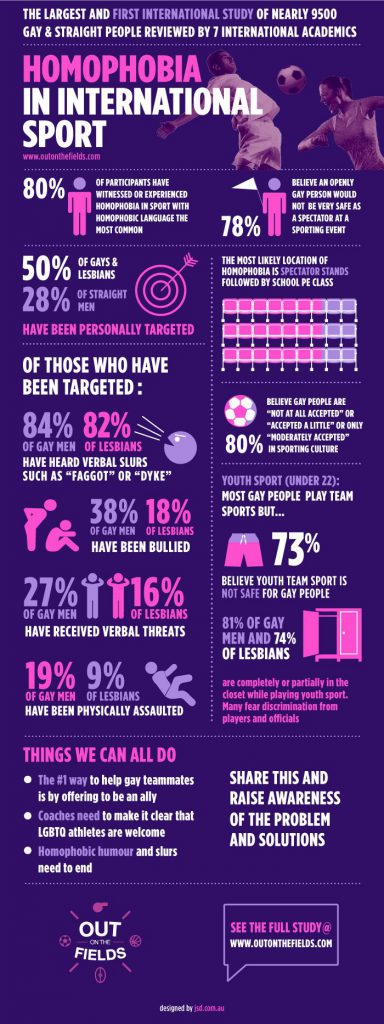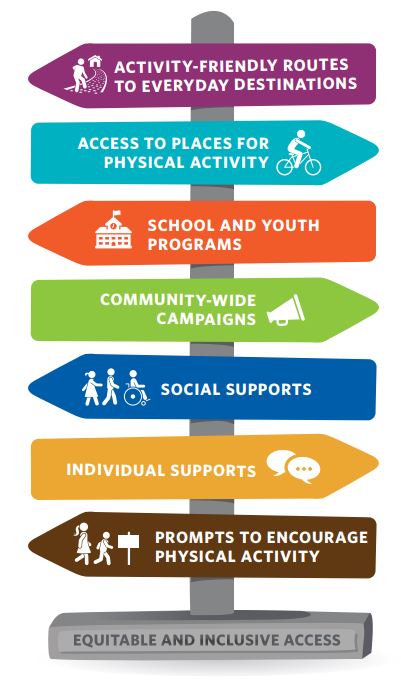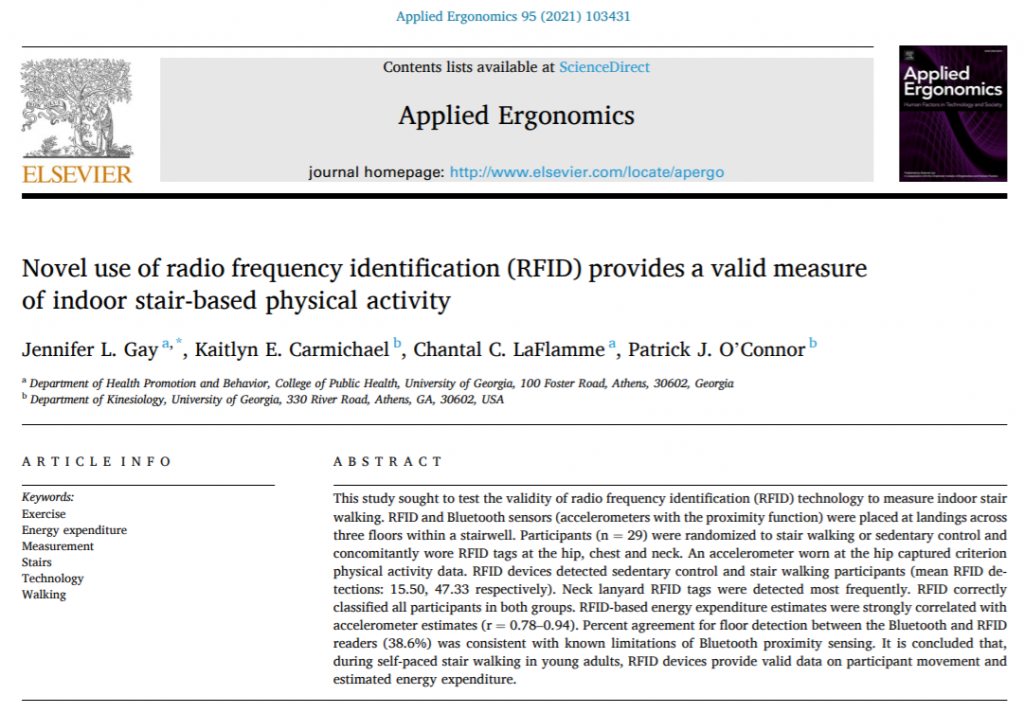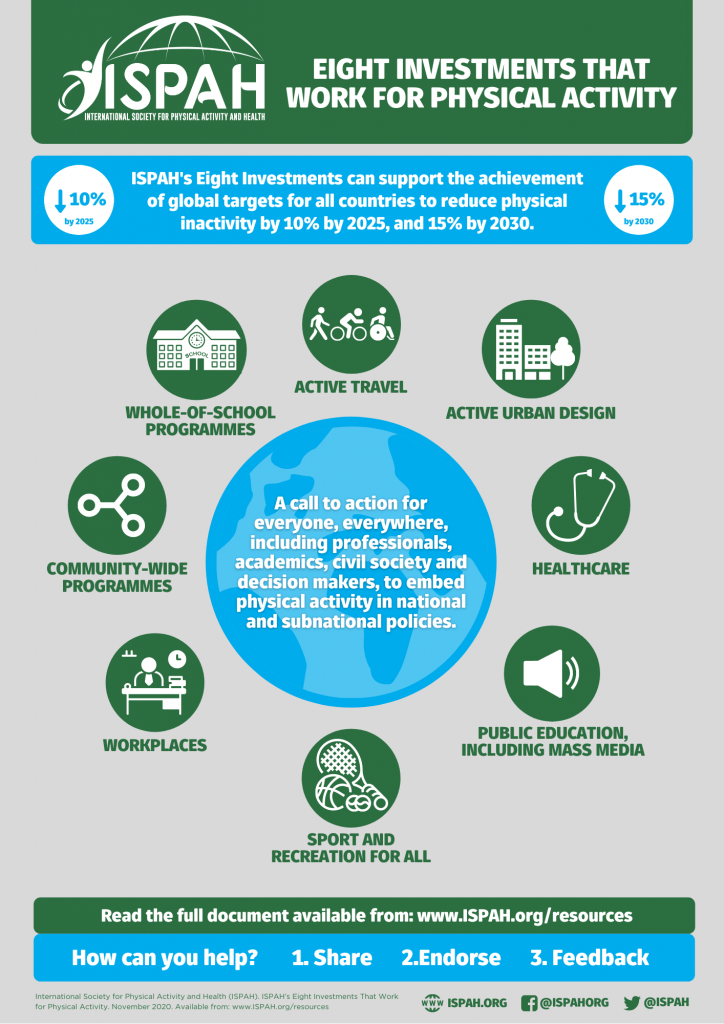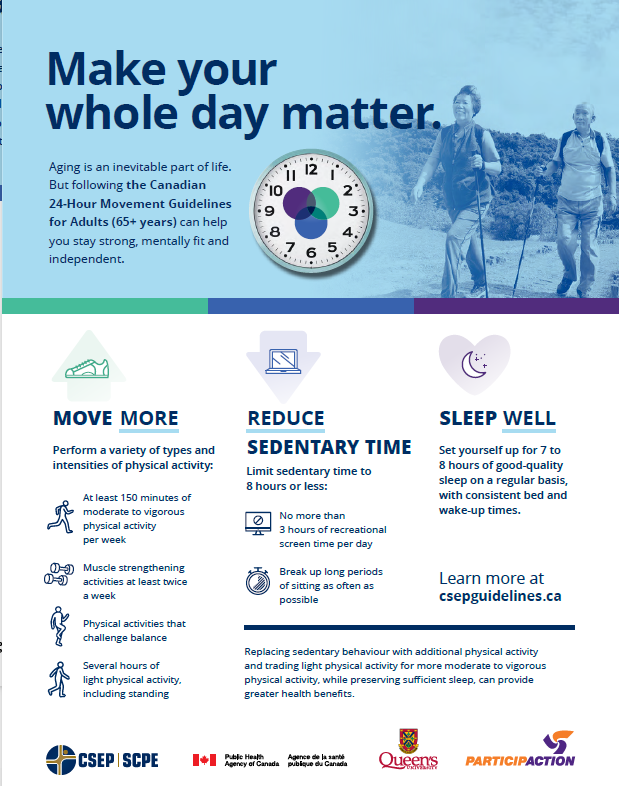My name is Marcus Dumas and I am a doctoral candidate in the Department of Health Promotion and Behavior at the University of Georgia’s College of Public Health. I am conducting a research study as part of the requirements of my degree in Public Health, and we are inviting you to take part in a study about where youth go for their sexual health information. It should only take about 15 minutes to complete. I am looking for students who are currently in high school (9th-12th grade) in any metropolitan Atlanta school district to participate. If that is you, please take a few minutes to fill out this brief survey.
Follow this link to the Survey: Survey Link or copy and paste the URL into your internet browser: https://ugeorgia.ca1.qualtrics.com/jfe/form/SV_3VltXMn9KXb9FXg
As you take the survey, you may encounter some questions about sensitive behavioral information that pertains to sexual behavior that may make you uncomfortable. Should you experience any feelings of embarrassment or discomfort, please remember that all your responses will be kept confidential and your responses will not be associated with your name in any way.
There are minimal emotional and psychological risks involved with your participation in this study. Although you may not see the direct benefits associated with participating in this study, the information we will gather will be used to improve sexual health education curriculum for students like you.
Participation in this study is confidential. Any information that you share will remain private and not shared with anyone outside of the research team. The findings of this study may be presented at conferences or published for academic/scientific audiences, however any identifying information that you might provide will NOT be revealed.
For your participation, you will be entered into a drawing for a $50 Amazon gift card (one gift card per every 50 participants). Participation in the survey is not required to enter the drawing. To enter the drawing without taking the survey, you may click through to the end of the survey or send an email to marcus.dumas@uga.edu with your first and last name and email address. Your name will be provided to the Health Promotion and Behavior Department’s business office for tracking purpose if you win. If you know someone who meets the above criteria and you think they would be interested in participating, feel free to share this email with them!
